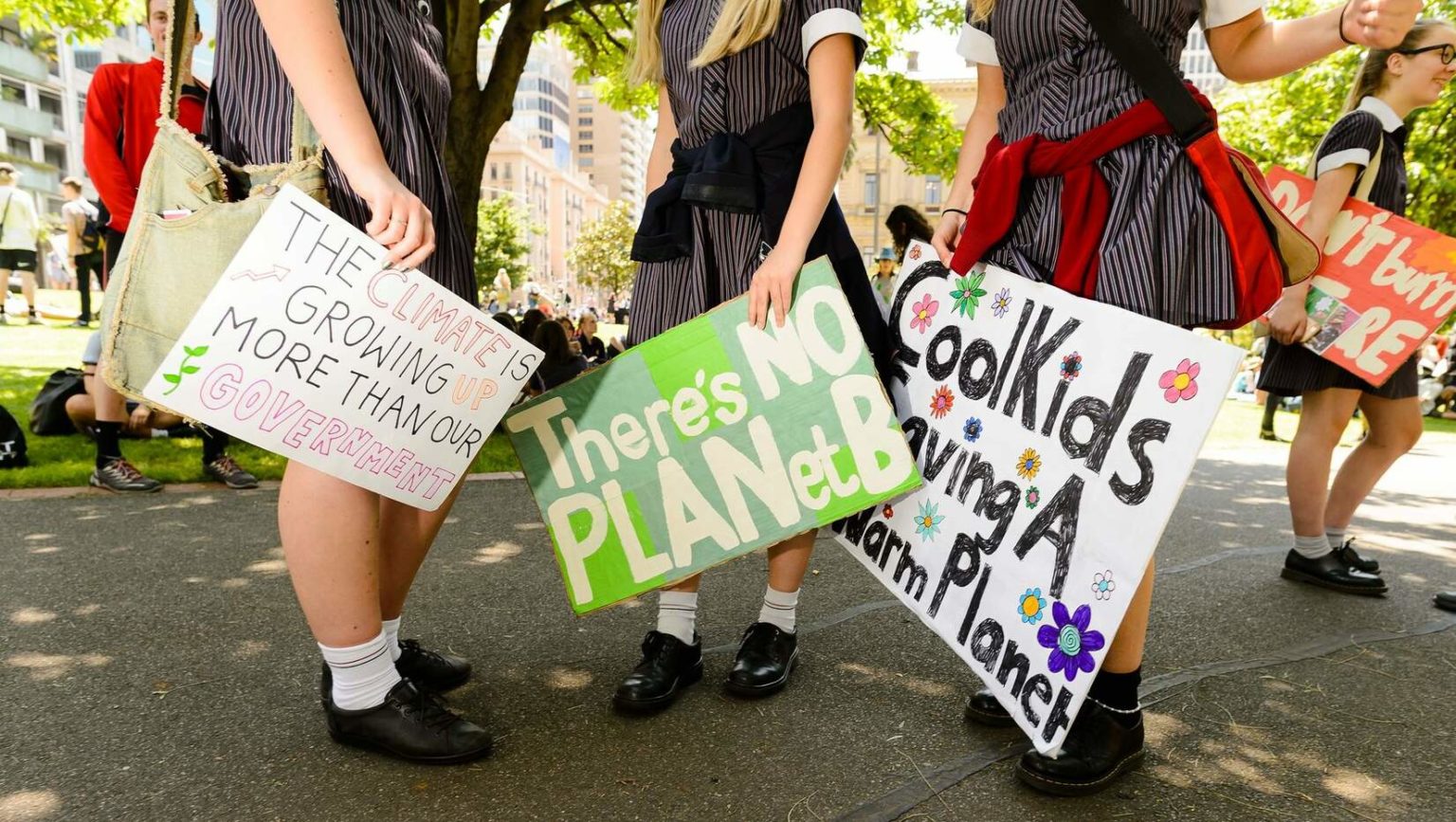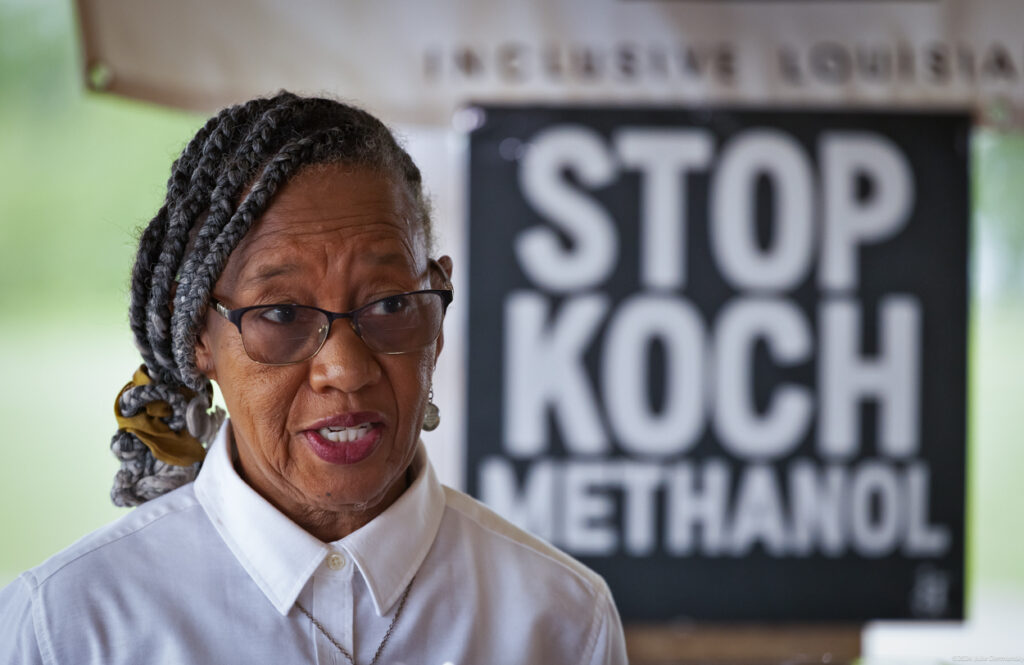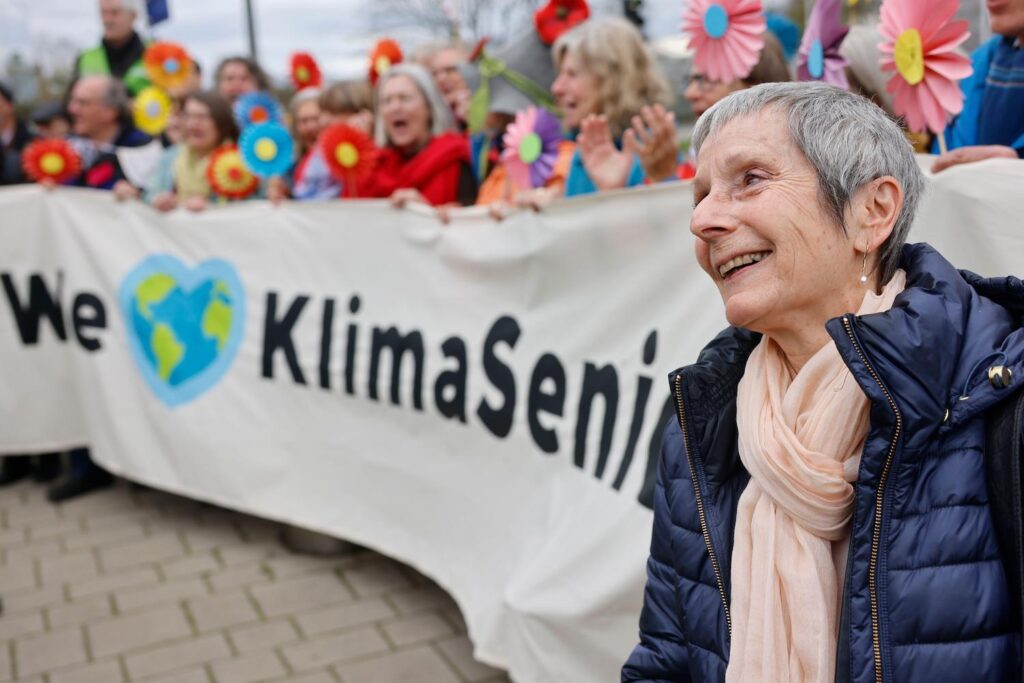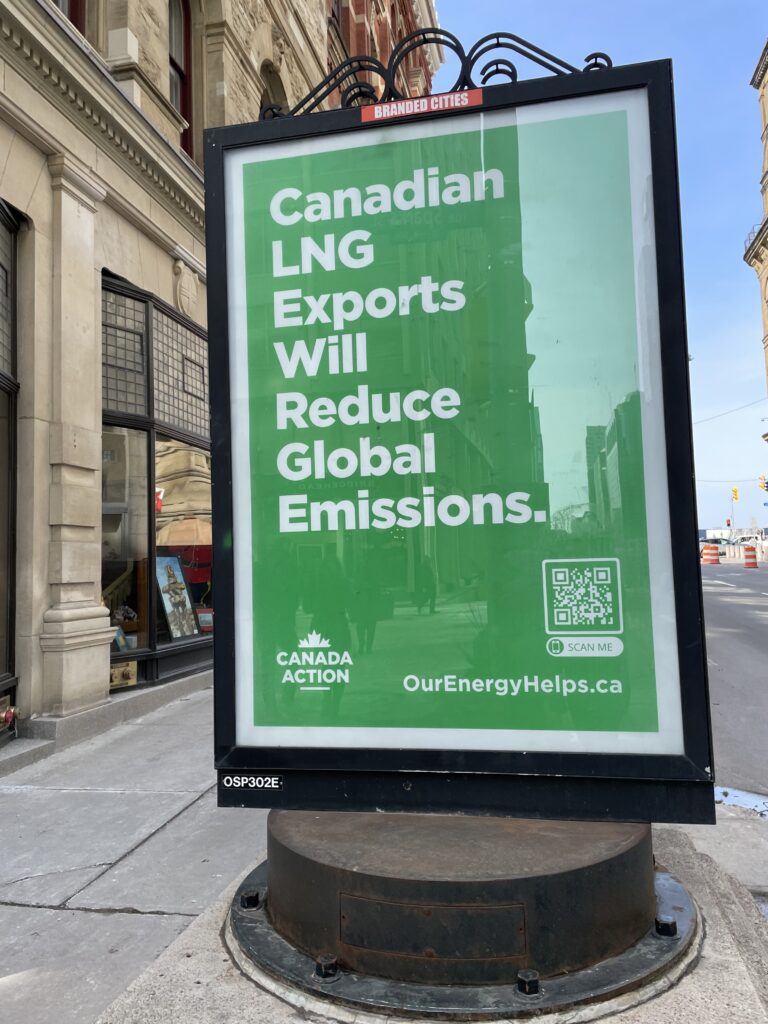By Chris Garrard, member of campaign group Art Not Oil
From Greta Thunberg to the thousands of youth climate strikers, and from young Indigenous activists to XR Youth, young people have been putting governments, fossil fuel companies and decision makers on notice in powerful ways. And it’s against this backdrop that an annual youth summit for 2,000 young delegates who, in the organisers’ words, are ‘united by a common goal to resolve some of the world’s most pressing challenges’ will kick off.
But, bizarrely, the One Young World summit is sponsored by fossil fuel companies and the arms trade – the very industries at the heart of causing the ‘pressing challenges’ that these young people are meant to solve.
Giving polluters a platform
In a show of how vibrant opposition to these industries currently is, young people took part in an action at the National Portrait Gallery last night, calling for an end to its BP sponsorship deal. And a few weeks ago, the Royal Shakespeare Company announced that it would end its BP sponsorship deal after school strikers threatened to boycott performances over the company’s branding of the theatre’s discount ticket scheme for young people.
In its statement, the RSC noted:
“Amidst the climate emergency…young people are now saying clearly to us that the BP sponsorship is putting a barrier between them and their wish to engage with the RSC. We cannot ignore that message.”
And yet, One Young World – an entirely youth-focused event – continues to not just take money from oil majors BP, Shell and Total, but gives them a platform to boost their brand.
On Wednesday, BP CEO Bob Dudley and Chief Economist Spencer Dale will take to the stage to spout their spin, arguing that ‘Any sustainable path for the global energy system requires both challenges to be met: the need for more energy, and less carbon.’ And back in 2015, the company’s former Chairman, Carl-Henric Svanberg, was one of the summit’s main speakers, speaking about ‘Engineering a Cleaner Future’. At that time, BP was actually spending little over one percent of its capital on genuine renewables, like wind and solar, and today the company remains 97 percent invested in fossil fuels.
And back in September, BP didn’t just sponsor but co-hosted an event with One Young World, entitled ‘Climate change is endangering planetary health: what can we do to protect it?’ Appropriately, it took place in the ‘BP Lecture Theatre’ at the BP-sponsored British Museum with BP’s Commercial Director on the panel of speakers. To be fair, BP is an expert in endangering planetary health: its business portfolio includes projects in the carbon-intensive tar sands on indigenous peoples’ lands, high-risk fracking in Argentina and ultra-deepwater drilling in the Gulf of Mexico.
BP is already touting its involvement in One Young World on social media, showing how the summit allows such businesses to promote themselves as youth-friendly.
Of course, One Young World provides a valuable forum for young people to discuss solutions to the climate crisis. But while BP, Shell and Total continue to invest billions in new oil and gas exploration, flouting the Paris climate deal and putting young people’s futures at risk, they should have no place at a youth summit focusing on solutions.
Boosting the arms trade
Like in the arts, corporate sponsors do sometimes have a role to play but – particularly when young people are involved – there need to clear ethical red lines about who they will and won’t work with. And, just as there is a clear case against boosting the brands of fossil fuel firms, there is also one against promoting the arms industry, too.
Not only is the military industry a major source of greenhouse gas emissions, arms manufacturer Airbus – another partner of One Young World – continues to supply authoritarian regimes such as Saudi Arabia and has been mired in a corruption scandal. Airbus literally produces the weapons and technology that may ultimately injure and kill innocent young people around the world.
And yet, as a partner of the summit, the firm is able to bizarrely paint itself as one that cares about young people. In that context, it seems odd that the organisers talk about promoting ‘responsible, more effective leadership’ when they are providing a platform to those corporates whose leadership is about as irresponsible and ineffective as it comes.
It’s time the organisers of the summit listened to what young people have actually been calling for out in the streets – climate justice – and stopped endorsing those that caused this global crisis.
Main image: Julian Meehan/Flickr CC BY 2.0
Subscribe to our newsletter
Stay up to date with DeSmog news and alerts







